The world’s biggest nickel and stainless steel producer, Tsingshan Holding Group, suffered a fiasco in a global capital sniping on the London Metal Exchange (LME) on March 7, with its 200,000-ton nickel forward contracts caught in a delivery default and facing potential losses of billions on its short positions.
But ahead of Tsingshan Holding falling into a dilemma of delivery defaults, LME announced on March 8 that it would suspend nickel trading and cancel all nickel trades for the day, followed by a continuous halt in nickel dealing until March 11.
This is a rare suspension of metal trading on the LME since 1985.
However, things reversed when Tsingshan Holding said on March 9 that it has been able to deploy sufficient goods for delivery through various channels.
Mike Sun, a U.S.-based private investment advisor and China expert told The Epoch Times on March 11 that LME’s move on suspending nickel trade is probably linked to the intervention of China’s State Reserves Bureau.
The State Reserve Bureau is a unit of China’s national planner.
Tsingshan Holding’s Mistakes
Nickel is in high demand to produce stainless steel and for the electric vehicle battery industry in recent years.Russia, a main source of nickel for the European market and providing about 10 percent of global output, was sanctioned for its invasion of Ukraine, which raised concerns over nickel supply, and triggered the price of nickel to skyrocket.
State-run Shanghai Securities Journal commented that Tsingshan Holding operated well either in price hedging and futures positions, citing that its Indonesia bases make the spot market profitable with nickel cost no more than $10,000 per ton, and it was shorting the futures market in anticipation of a future drop in nickel prices.
Nonetheless, according to Sun’s analysis, Tsingshan Holding made a mistake, “setting a short position contract to 200,000 tons, too large—It’s adventurous.”
Sun assumed Glencore bought the future contract as a bet that Tsingshan Holding would not be able to deliver 200,000 tons of nickel, because it already held about half of nickel inventory in the LME.
Nickel is primarily used in the manufacture of stainless steel and ferronickel is an intermediate product between nickel ore and stainless steel. Tsingshan Holding’s main product is ferronickel, with a production capacity of 300,000 tons of nickel-equivalent ferronickel and 10 million tons of stainless steel per year.
The nickel matte (about 55–65 percent nickel) produced by Tsingshan Holding contains impurities and is not of sufficient purity to be traded on the LME, which uses nickel sheets of at least 99.8 percent pure nickel.
In order to deliver as contracted, Tsingshan Holdings would have to buy nickel plates at a high price and then sell them at the contract price, resulting in a large loss. The margin for LME futures trading is a huge amount and it follows the metal price, that is, nickel price rises, so does the margin.
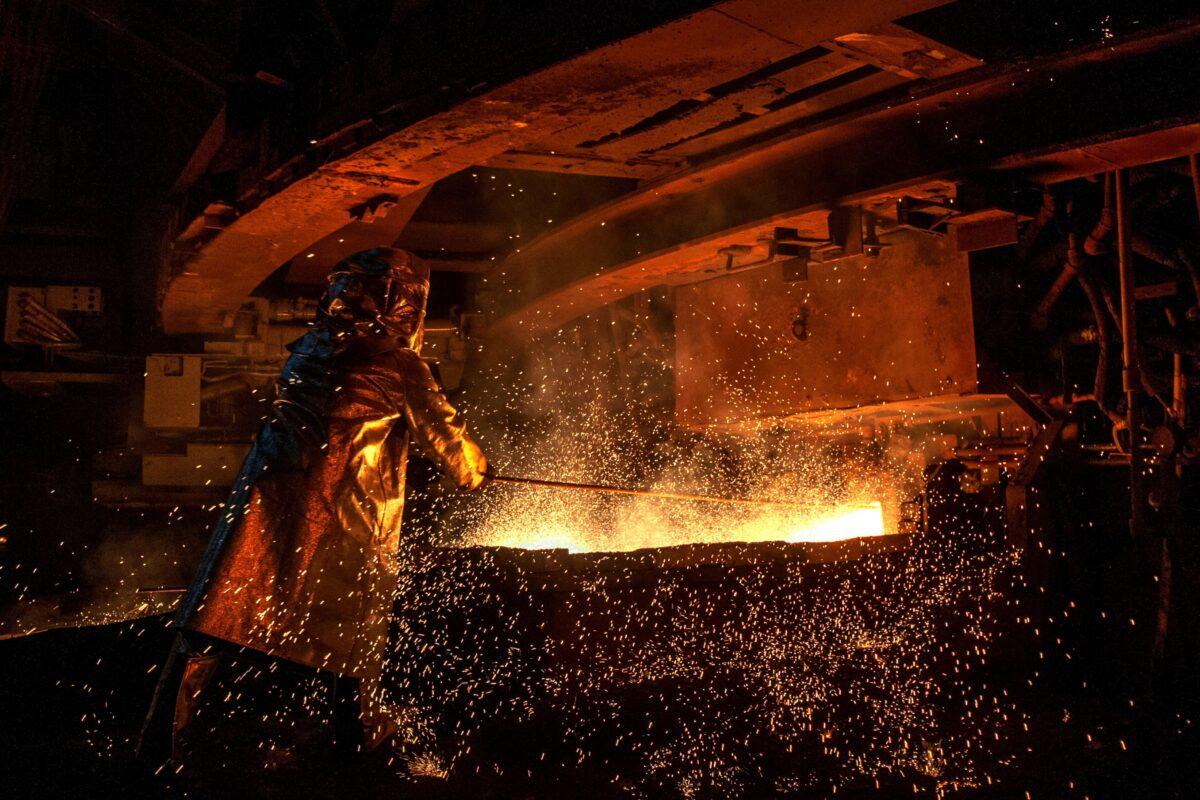
Headquartered in Wenzhou City, Zhejiang Province, Tsingshan Holding started in the 1980s. In October 2009, it invested and explored laterite nickel mines in Indonesia, where it build an industrial park base to complete all processes from mining, processing to ferronickel production.
The CCP Values its Strategic Overseas Resources
Multiple reports in the Chinese media said Glencore is taking a gamble that if Tsingshan Holding fails to deliver 200,000 tonnes of nickel, its 60 percent stake in the laterite nickel mine in Indonesia will be pledged as collateral to Glencore.Sun said he noticed that the 60 percent nickel stake is so crucial that the LME halted trading. “Halting trading is actually an attempt to break the contract,” which has served as a protection measure to prevent Tsingshan Holding from suffering huge losses.
Actually, the 60 percent nickel stake is equivalent to “selling the mine [in Indonesia] to someone else,” Sun said.
Xiang Guangda, the chairman of Tsingshan Holding, said after the incident that he had reported the matter to the relevant Chinese government departments and got the reply that the relevant sectors were taking it seriously.
Sun believes this is a signal that the Chinese Communist Party (CCP) is about to take action to rescue Tsingshan Holding. “The State Reserves Bureau won’t want to see Chinese companies suffer huge losses, and more importantly, it [the CCP] does not want to let others take away the nickel resources it has managed to grasp overseas,” Sun said.
There was a rumor circulating that Jinchuan Group, a Chinese leading pure nickel enterprise, was helping Tsingshan Holding to make up the goods. Jinchuan Group denied it on March 11, saying that the company’s annual nickel production capacity was only about 100,000 tons and it has no ability to provide additional product to others.
Only the State Reserves Bureau has the ability to do so, Sun said, citing that the state-owned stockpiles estimated at about 100,000 tons of nickel.
According to Sun, Glencore probably wouldn’t have expected China to use its national reserves to intervene. “It’s like using the power of a country against a company, how can it be compared?
LME
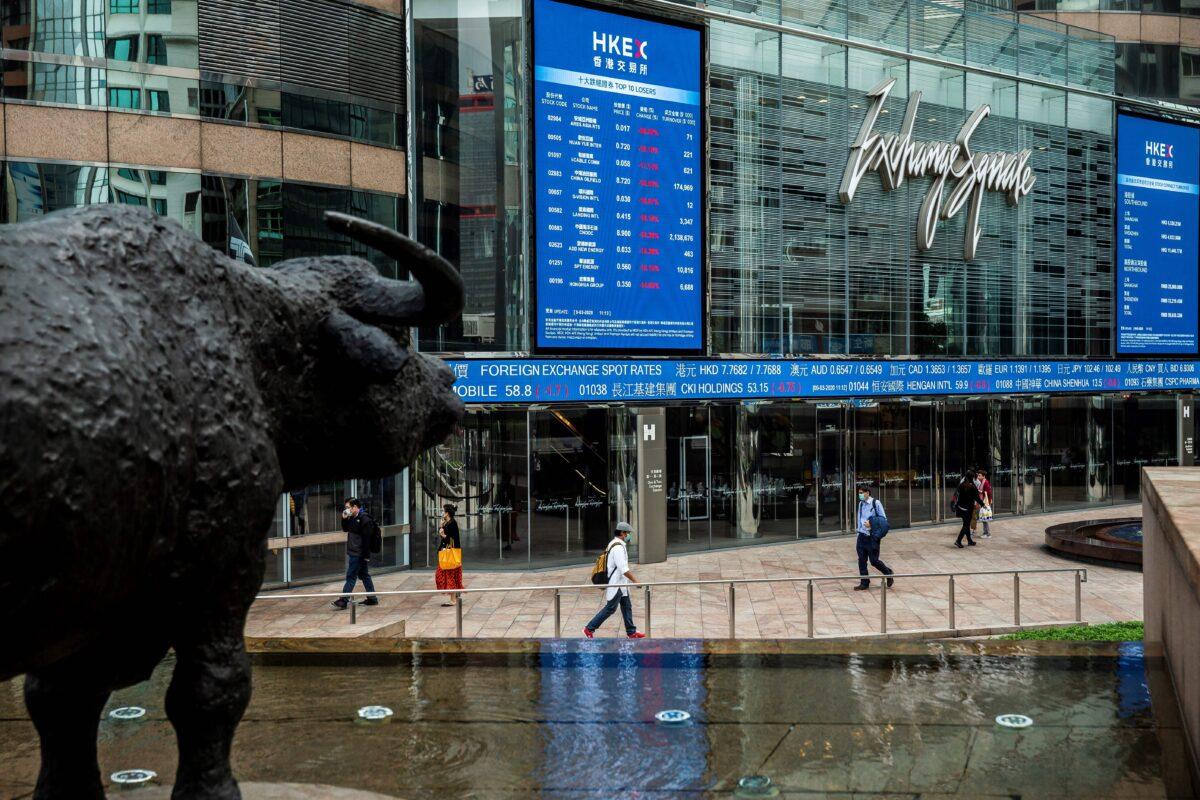
In 2012, the Hong Kong Stock Exchange acquired the LME in London for $2 billion, several times its market value, the offer was seen as “too much for the British to refuse.”
Notably, whether the LME called a trading halt in line with international practice and whether it is fair for the LME to declare that all trades on March 8 do not count are both questions that are unresolved at this time. “If the LME cannot provide a reasonable explanation, this will damage its credibility, while the credibility is paramount in financial markets,” Sun said.
Li Xiaojia, former chief executive of HKEx, said on March 10 that the LME’s announcement to suspend trading coincided with the clearing house’s activation of a corresponding mechanism to cancel trading, but he did not specify what the “corresponding mechanism” is.
The clearing house refers to LME Clear, which was set up by the HKEx in 2014 at a cost of nearly $300 million according to Li, said state-owned Securities Times on March 11.
LME’s Suspension and cancellation of transactions are equivalent to a “certain problem, which cannot be solved at the table, settled in the backstage,” Sun said.
Sun cited an unconfirmed source that Tsingshan Holding is currently alleged to have shipped for Russia amid western sanctions, but it needs time to observe, he said.
With 200,000 tons more in stock in the market, it is unavoidable that nickel prices will fall. On March 10, Jinchuan Group has drastically reduced the nickel factory price by 15 percent.
On March 16, LME announced that trading in the previously suspended nickel contract will resume at 8:00 p.m. London time that day. The LME set “daily price limits” for all base metal varieties, with the nickel contract price fluctuation limit of not less than 5 percent.
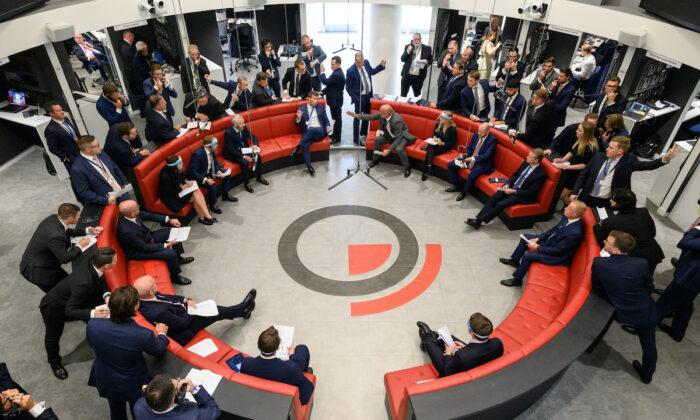

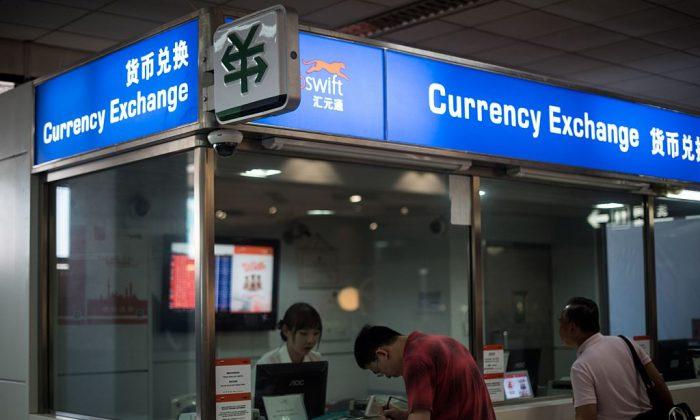
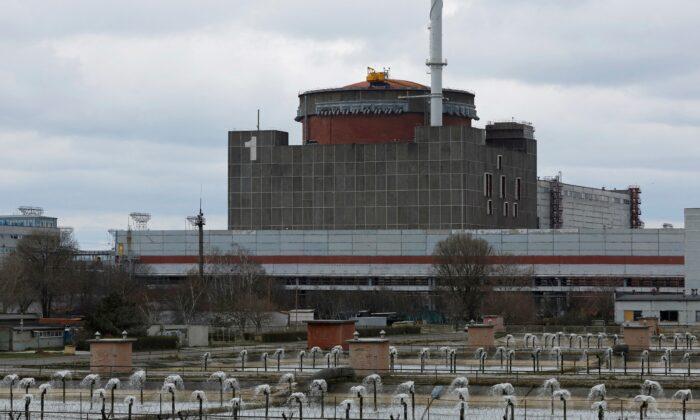
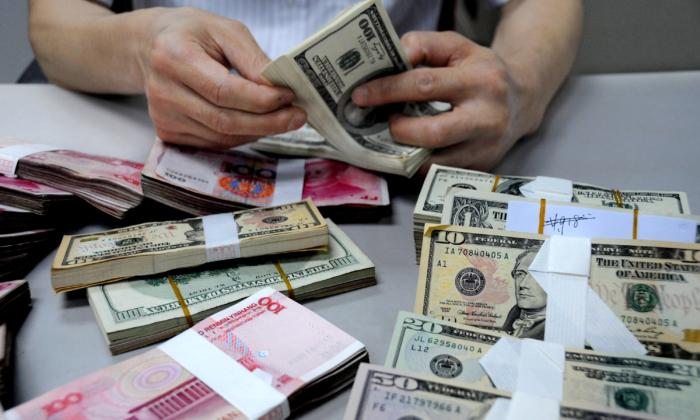

Friends Read Free